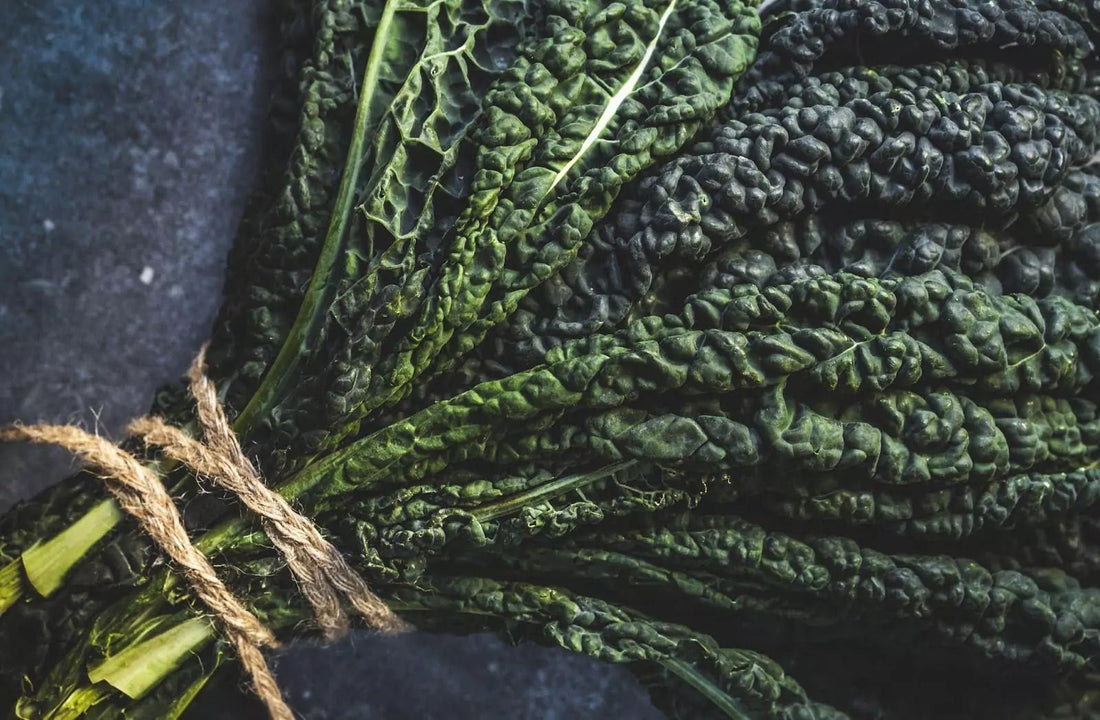We all take proper care of nutrients needed during pregnancy, but what about post-pregnancy? After giving birth, your body demands more than just rest. Repairing and blood loss recuperation, emotional fatigue, hormonal changes, pain, and recovery require a good diet full of essential nutrition. Nutrition shifts can make the transition smoother, improve healing, and uplift one’s mood.
To help you, we have prepared a complete diet plan for postpartum. Here are a few essential foods to eat after delivery and the reasons behind each food recommendation.
Here are the seven most critical nutrients you need during and after pregnancy, to continue supporting your baby’s growth:
1. Protein-Packed Meals
Recovery demands high amounts of protein due to tissue repair. Healing perineal tears or C-section incisions, retaining muscle mass and feeling satiety are critical. This is useful while managing energy levels and knowing how to get through the time available between feeds or naps. Furthermore, protein is a crucial component of breast milk.
Best sources of protein: chicken, turkey, fish (especially oily varieties like salmon), lean beef or lamb, eggs, lentils, beans, chickpeas, tofu, and Greek yoghurt.
2. Complex Carbohydrates
Do not avoid carbohydrates. Instead, avoid simple ones. Most complex carbohydrates are beneficial in fighting off mothers' constipation after giving birth. Consider whole-meal bread, oats (porridge is remarkably warm, soothing, and nutritious), brown rice, quinoa, wholewheat pasta, sweet potatoes, and starchy vegetables.
These foods provide effective energy, aid in maintaining abdominal health, and are vital for the sustenance of B vitamins that help in metabolism, energy levels, and even mood.
3. Healthy Fats
Healthy fats such as Omega-3 fatty acids DHA are key. If you’re breastfeeding, these fats are essential for your baby’s brain development. Omega-3 also supports brain function and mood regulation, helps quell inflammation throughout your body as it heals and is needed for absorbing fat-soluble vitamins.
These beneficial fats are widely available from avocados, nuts (walnuts and almonds are among the best), seeds (chia seed, flaxseed, and pumpkin seed are a great choice), olive oil and oily fish (salmon, mackerel and sardines 1-2 portions weekly if you are mercury aware).
Including these fats supports your baby’s neurological development through your milk and can, quite literally, help stabilise your mood and nutrient absorption. It is also a concentrated energy source. Research suggests adequate omega-3 intake may also help reduce the risk of postpartum depression. (Source: Omega-3 fatty acids and mental health)
4. Iron-Rich Foods
Battling postpartum fatigue usually starts with iron. Blood loss during delivery is normal and can quickly drain your iron reserves, sometimes causing anaemia, which directly leads to symptoms of tiredness because iron is vital for producing haemoglobin to transport oxygen around your body. Increase your iron by eating lean red meat, poultry, fish, lentils, beans, fortified breakfast cereals, spinach, and dried apricots.
A key recommendation is to combine these iron-rich foods with sources of Vitamin C (peppers, oranges, berries or broccoli!) within the same meal since Vitamin C dramatically increases iron absorption. Restoring iron in your body helps support energy, fight fatigue, and promote overall vitality. (Source: PubMed)
5. Calcium & Vitamin D
If breastfeeding, calcium is also crucial for your little one's developing bones and teeth, so protecting your bone health is essential! Vitamin D helps absorb calcium, and it supports immune function, too. Some of the best sources of calcium include dairy products (milk, cheese, yoghurt), fortified plant-based milk, tinned fish with edible bones (sardines with the bones), leafy greens, and calcium-set tofu. For Vitamin D, oily fish and fortified foods play a part in providing safe exposure to sunlight.
Everyone should take a Vitamin D supplement, particularly in the autumn and winter months, even postpartum mothers. Ensuring adequate intake protects your bone density, provides essential building blocks for your baby’s bones via milk, and supports immune health.
6. Fruits & Vegetables
Try to eat lots of colourful fruits and vegetables every day. They give you essential vitamins, minerals, antioxidants, and fibre your body needs. Antioxidants help your body cope with the stress of healing and not getting enough sleep. Vitamins help with many body functions, like keeping your immune system strong. Fibre is essential to help your digestion stay regular.
Don’t just stick to the same few foods. Add berries, oranges, peppers, carrots, broccoli, and leafy greens (like spinach or kale) to your meals and snacks. Eating a good mix helps you get a broader range of nutrients. This is great for your immune system and helps keep you regular. It gives you tiny nutrients that are key for your overall health and even help you stay hydrated.
7. Drink Plenty of Fluids (Especially Water)
Drinking enough water is crucial after you've had your baby. This is especially true if you're breastfeeding, as breast milk is mainly made of water. Even being slightly dehydrated can make you feel much more tired. It can also lead to constipation and affect how much milk you produce.
Make water your main drink all day long. A simple trick is to keep a water bottle right next to where you usually feed your baby or where you rest. This makes it easy to remember to take sips. Milk and herbal teas are safe for pregnancy and breastfeeding and count towards your fluids.
Consuming water-based pregnancy and breastfeeding supplements also adds to your water consumption need
All The Nutrients You Need During & After Pregnancy
Eating well every day can be hard when you have a new baby. MamaCare’s Mother’s Nutrition packs all the nutrients you need as a new mother in easy-to-prepare and consume formula. The supplement is optimised with prebiotic fibres FOS and GOS to support digestion. So, it also helps new moms avoid digestive issues and absorb the nutrients better.
Other reasons why you should include MamaCare’s Mothers Nutrition in your arsenal:
- Australian-made supplement crafted for mums before, during, and after pregnancy - supporting you and your baby every step of the way.
- Packed with folic acid, calcium, iron, DHA, and natural fibres, it helps nurture the baby’s development, mother’s energy, and digestion.
- It contains vitamins B, C, D, and E to support energy, immunity, and mineral absorption
Finally, it is easy to take; just blend 40g of MamaCare Mothers Nutrition Powder in 200ml of room-temperature water and sip your way to better motherhood.



